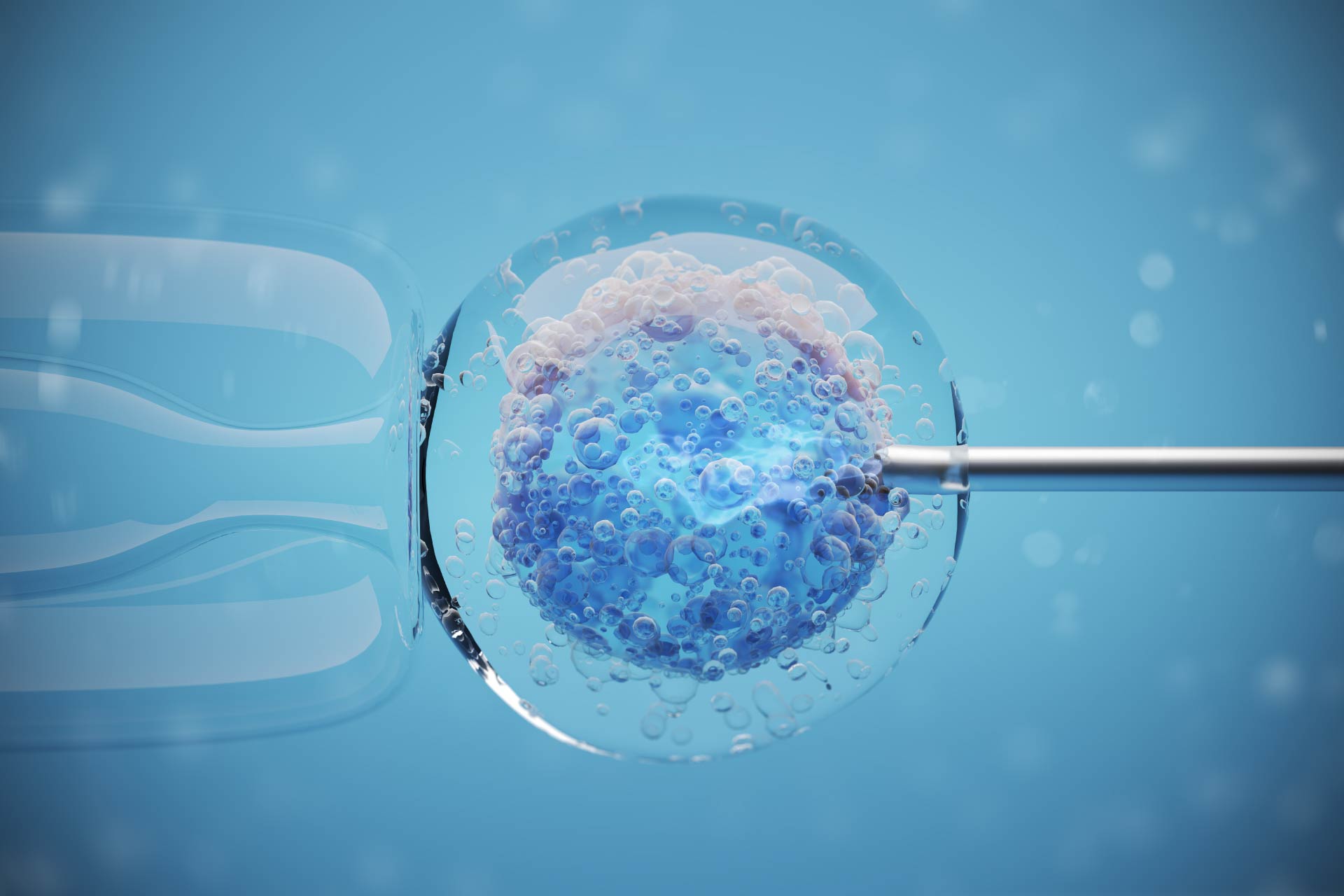• Lactobacilli effect
• Bacterial metabolites
What is already known on this topic
Recurrent implantation failure refers to repeated failed attempts to become pregnant with in-vitro fertilization (IVF) after transferring embryos with normal morphology. The condition is unexplained in the majority of women and has no effective treatment.What this research adds
Researchers have characterized the vaginal microbiota and the bacterial metabolites of women who experienced recurrent implantation failure. They found significant differences between these women and those who became pregnant in the first in-vitro fertilization cycle. In particular, the microbiota of women who experienced recurrent implantation failure had less Lactobacilli and a higher microbial diversity than that of women who become pregnant at the first IVF attempt.Conclusion
The findings could help to develop approaches that use the microbiota and bacterial metabolites as biomarkers for predicting whether women are able to get pregnant via in-vitro fertilization.
In-vitro fertilization, or IVF, is a common approach for treating infertility, but many patients fail to become pregnant after repeated IVF cycles. Now researcher have found that alterations of the vaginal microbiota are associated with the success of IVF.
The findings, published in mBio, could help to develop approaches that use the microbiota and bacterial metabolites as biomarkers for predicting whether women are able to get pregnant via in-vitro fertilization, the researchers say.
Recurrent implantation failure refers to repeated failed attempts to become pregnant with in-vitro fertilization after transferring embryos with normal morphology. The condition is unexplained in the majority of women and has no effective treatment.
Previous studies have linked a series of reproductive diseases, including premature delivery, and pelvic inflammatory disease with alterations of the vaginal microbiota. An abnormal vaginal microbiota has also been associated with early spontaneous abortion in women undergoing IVF.
To explore the association of vaginal microbiota and recurrent implantation failure, Weiping Qian and Shangrong Fan at Peking University Shenzhen Hospital in China characterized the vaginal microbiota of 27 women who experienced recurrent implantation failure and 40 women who became pregnant after the first IVF cycle.
Lactobacilli effect
The vaginal microbiota of both groups of women were dominated by Firmicutes, Actinobacteria, Bacteroidetes, Proteobacteria, and Tenericutes, but the abundances of Firmicutes and Bacteroidetes were substantially different.
Lactobacilli were decreased in women who experienced recurrent implantation failure. The researchers found that the pregnancy rate of women for whom Lactobacillus accounted for more than 90% relative abundance was nearly 73%. In contrast, the pregnancy rate of women for whom Lactobacillus accounted for less than 90% relative abundance was about 35%.
“This not only showed the link between vaginal Lactobacillus and pregnancy outcomes of the [frozen embryo transfer] but also indicated that the vaginal microbial composition, especially the decrease in Lactobacillus, plays an important role in [recurrent implantation failure] pathogenesis,” the researchers say.
Bacterial metabolites
Next, the researchers analyzed more than 2,500 metabolites produced by the vaginal microbiota of 10 women who experienced recurrent implantation failure and 15 women who became pregnant after the first IVF cycle.
Of the metabolites, 37 were found to have different abundances between the two groups of women. Sixteen metabolites were upregulated in women who experienced recurrent implantation failure, with 2′,3-cyclic UMP and inositol phosphate being upregulated by 4-fold or more. And 21 metabolites were downregulated in the recurrent implantation failure group, with benzopyran, fatty alcohol, pyrimidine nucleoside, glycerophospholipid, and naphthopyran being downregulated by 4-fold or more.
The levels of four metabolites, including benzopyrans and glycerophospholipid, was associated with a significant reduction in Lactobacilli abundance in women who experienced recurrent implantation failure.
The researchers hope that their findings will inspire others to consider microbiota dynamics as a critical factor for recurrent implantation failure as well as other reproductive diseases.











